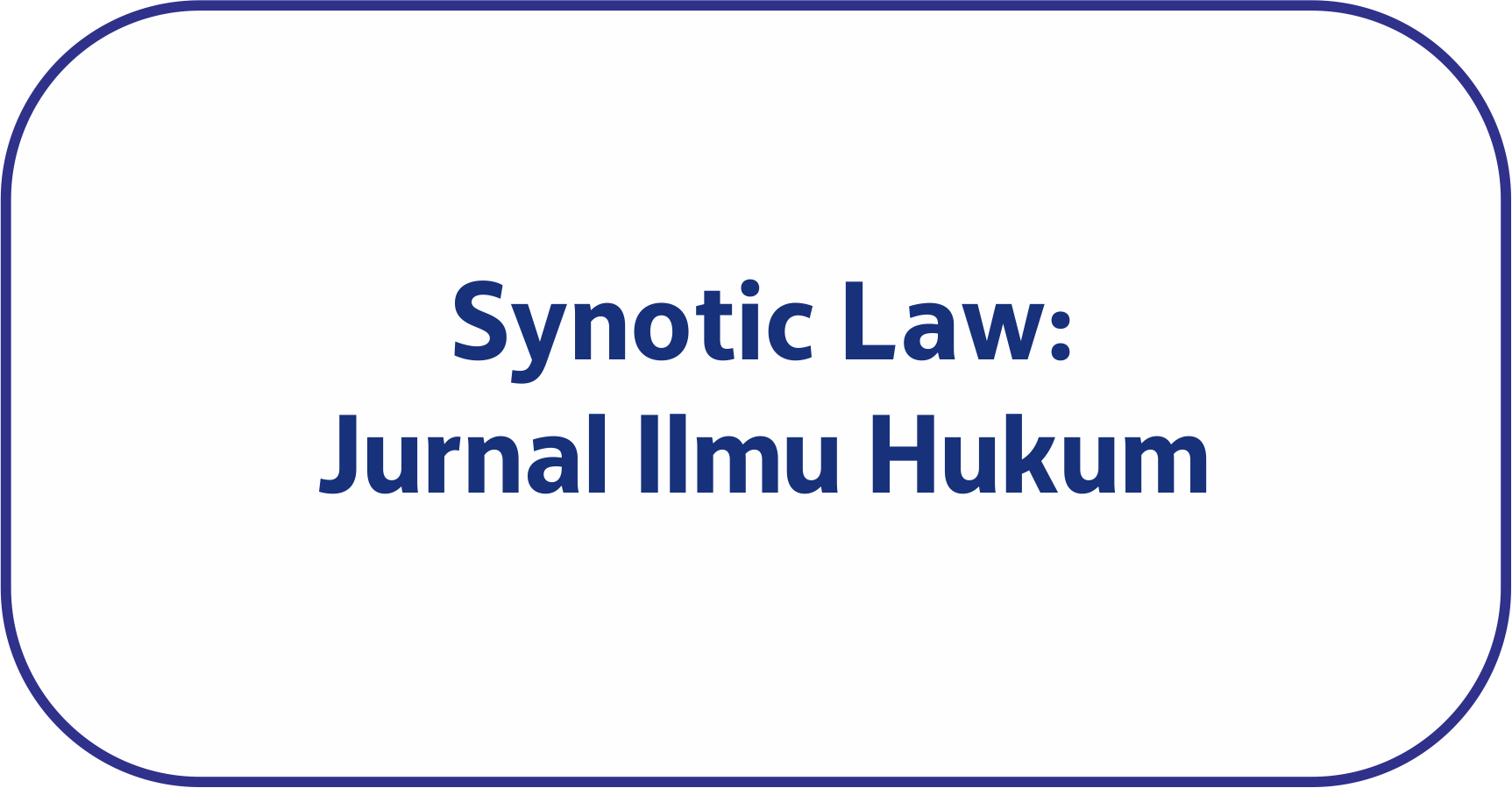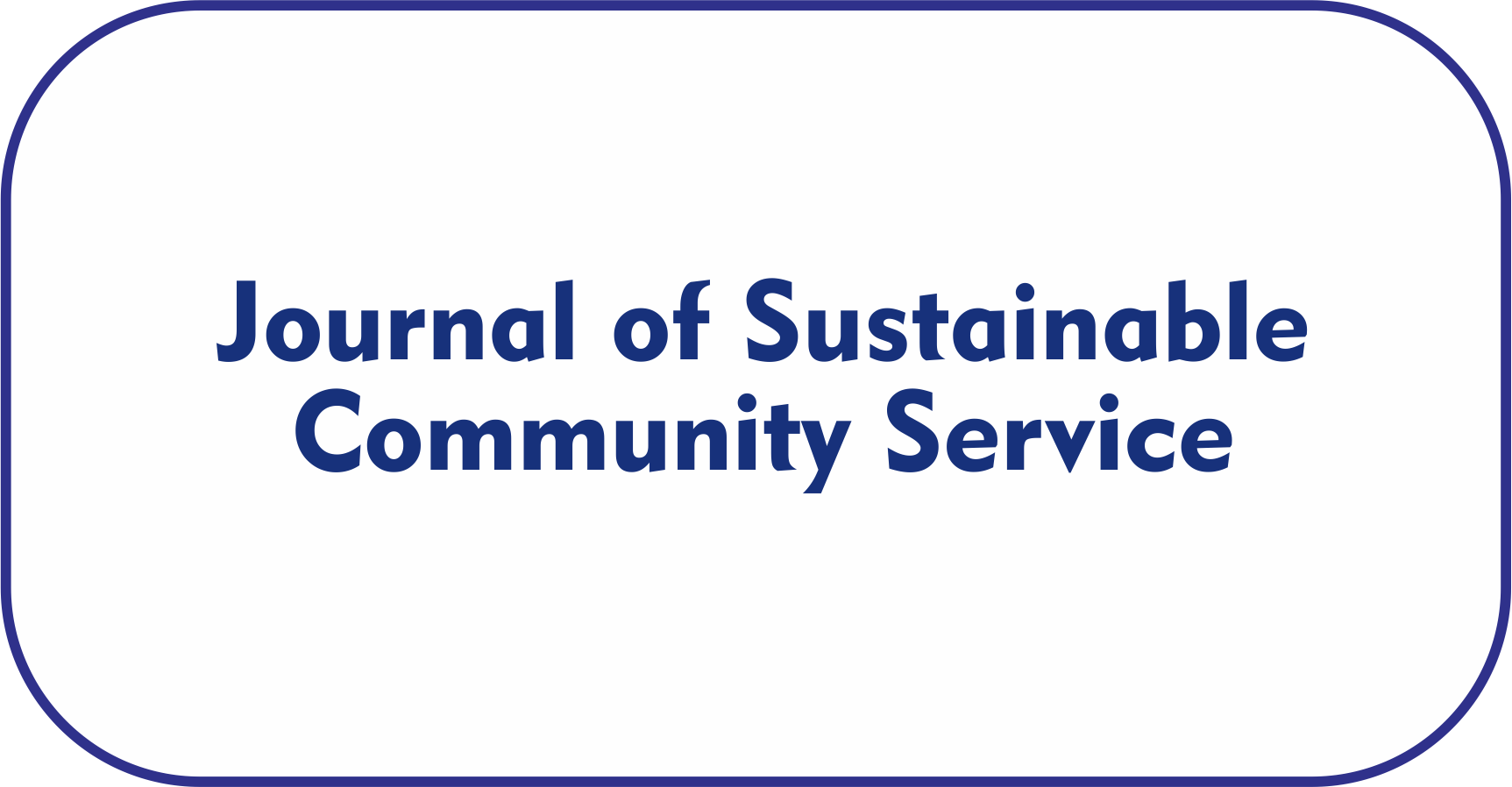THE ROLE OF INFAQ AND SADAQAH TO IMPROVE COMMUNITY ECONOMIC DEVELOPMENT
Main Article Content
Nurhapirah Tasnim*
Riska Febrianti Aulia
Adelia Marwa Ujung
Tia Deza Pohan
Rizqa Amelia
In the Indonesian context, the role of zakat, infaq, and shadaqah (collectively known as ZIS) has gained significance in seeking government assistance for the economy. These contributions have the potential to address poverty and improve the overall economic well-being of the people. To effectively utilize the benefits of ZIS, a well-structured management body is essential to oversee the collection and distribution of these charitable funds. This management body should be capable of efficiently and transparently managing the funds, ensuring that contributions are directed towards the right causes and effectively utilized to uplift the community's economy. This study aims to explore the impact of zakat, infaq, and shadaqah in seeking government assistance for the Indonesian economy. The study also highlights the importance of ZIS, which represents a form of love for Allah and can alleviate poverty. Therefore, a competent management body is necessary to oversee zakat, infaq, and alms, ensuring proper management and promoting economic improvement in the community. The methodology employed in this article involves a literature review, which includes collecting relevant articles guided by the researchers. Through the analysis of these articles, the researcher draws conclusions to be presented in this paper.
Amirullah, A. (2020). Pengelolaan zakat, Infak dan shadaqah.
Hisan, K., Magdalena, L., & Hatta, M. (2020). Sistem Informasi Penerimaan Donasi Zakat, Infaq Dan Shodaqoh (Zis) Berstandar Psak 109 Berbasis Web (Studi Kasus: Graha Yatim Dan Dhuafa). Jurnal Digit: Digital of Information Technology, 10(1), 23–34.
Jalili, A., Umar, H., & Harun, H. (2022). Zakat dan Keadilan Ekonomi Perspektif Islam, Kapitalisme, dan Sosialisme. Istidlal: Jurnal Ekonomi Dan Hukum Islam, 6(1), 1–10.
Lubis, R. H., & Latifah, F. N. (2019). Analisis Strategi Pengembangan Zakat, Infaq, Shadaqoh Dan Wakaf Di Indonesia. Perisai: Islamic Banking and Finance Journal, 3(1), 45–56.
Mardiantari, A., Ismail, H., Santoso, H., & Muslih, M. (2019). Peranan Zakat, Infak dan Sedekah (ZIS) dalam upaya meningkatkan perekonomian masyarakat Kota Metro. At-Tahdzib: Jurnal Studi Islam Dan Muamalah, 7(2), 1–19.
Nasir, M. S., & Rahman, F. U. (2020). Analysis of the Recipients of Zakat and the Current Situation. Indonesian Conference of Zakat-Proceedings, 331–338.
Putri, E. D., & Yusrani, Y. D. (2019). Peranan Zakat, Infak Dan Sedekah (ZIS) Dalam Upaya Meningkatkan Perekonomian Di Kecamatan Jatiroto. Muhasabatuna: Jurnal Akuntansi Syariah, 1(2), 51–58.
Safi’i, I. (2022). Islam Wasaṭiyah pada Masyarakat Desa Rejoagung Kabupaten Jombang (Perspektif Teori Tindakan Komunikasi Jurgen Habermas). Proceedings of Annual Conference for Muslim Scholars, 6(1), 1003–1015.
Wahyuni, E. T., & Chintya, A. (2017). Pembagian Zakat Fitral Kepada Mustahiq: Studi Komparatif Ketentuan Asnaf Menurut Imam Syafi’i dan Imam Malik. Muqtasid: Jurnal Ekonomi Dan Perbankan Syariah, 8, 154–167.
Zulianti, D., & Aslam, N. (2022). Implementation Of Management System On Halal Certification For Medan City MSMES Actors. CASHFLOW : Current Advanced Research On Sharia Finance And Economic Worldwide, 1(3), 11–16. https://doi.org/https://doi.org/10.55047/cashflow.v1i3.166











































